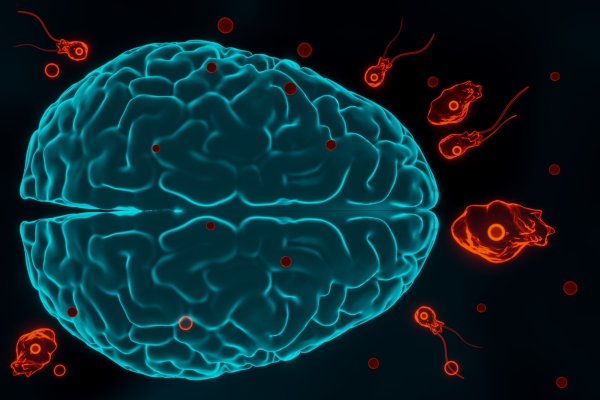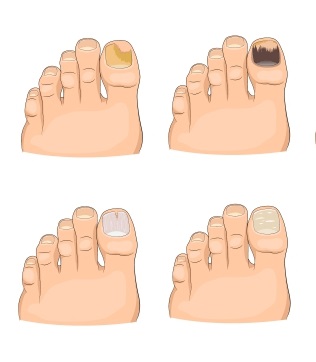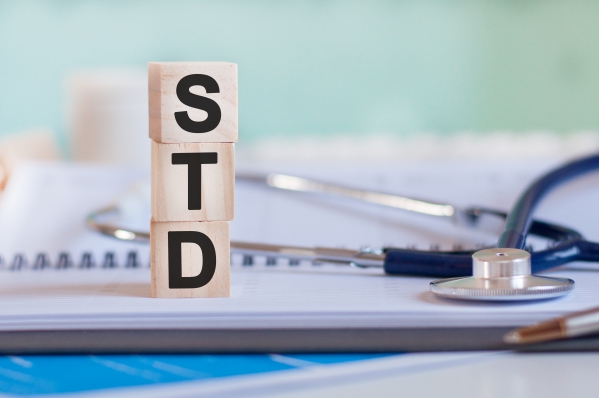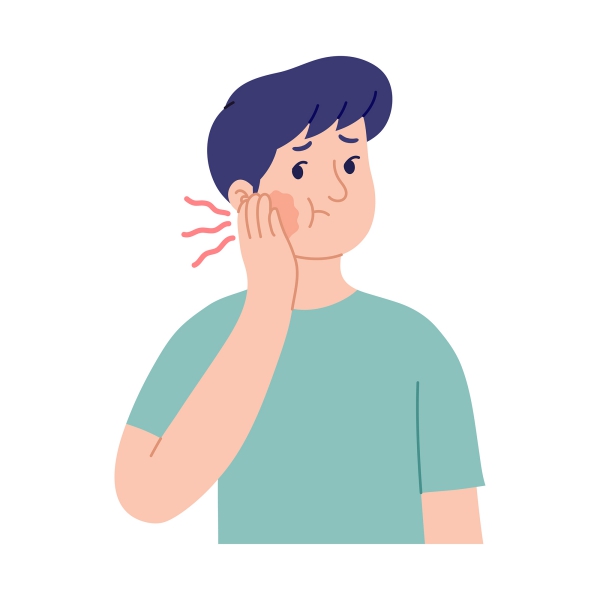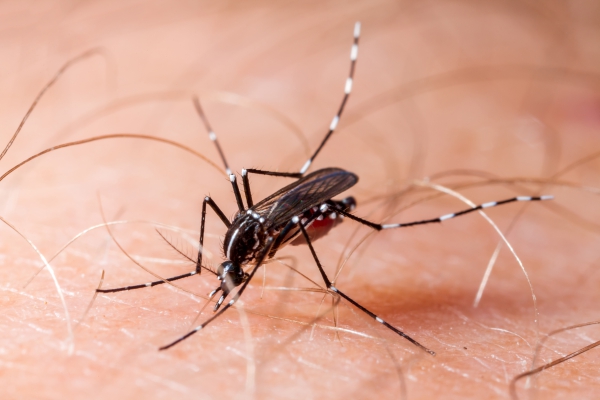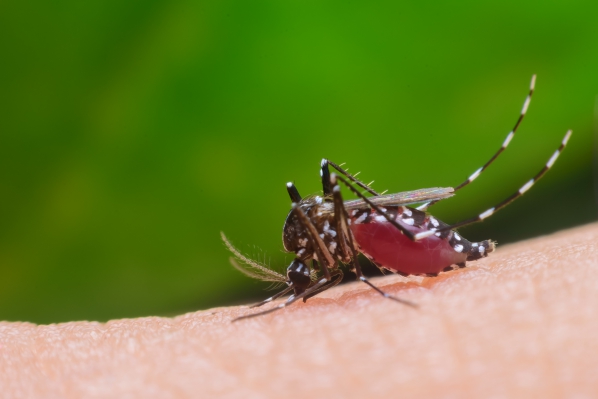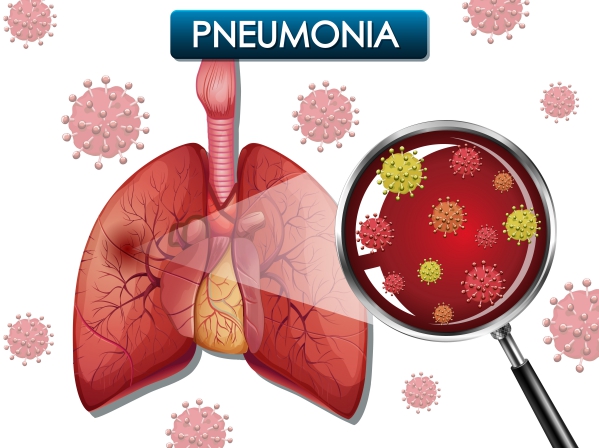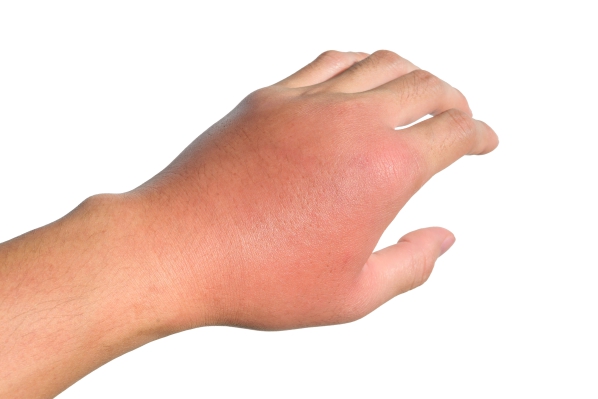Meningitis, Meninges, Brain inflammation, Infection, Streptococcus pneumoniae, Neisseria meningitides, Lumbar puncture
Description : Meningitis is the inflammation of your meninges which are membranes that surround your brain.
Article Details :
What is meningitis?
Meningitis is the inflammation of your meninges which are membranes that surround your brain. Meningitis can also be caused by infection of the fluids that surround the meninges.
Meningitis is most commonly caused by a viral or bacterial infection of the meninges. It affects people of all races. However in the United States, black people are more at risk than whites and Hispanic people.
Meningitis can resolve on its own after some weeks in certain cases but can also be life-threatening requiring emergency antibiotic treatment.
What are the causes of meningitis?
Viral infections of the meninges is the most common cause of meningitis in the United States. However, it can also be caused by drugs, bacterial, fungal and parasitic infections as well.
Bacterial meningitis occurs when bacteria enter the bloodstream to reach the brain and spinal cord. However, it can also occur when the bacteria directly infect the meninges especially after head surgery or trauma. The most common bacteria causing bacterial meningitis are Streptococcus pneumoniae, Neisseria meningitides, Listeria monocytogenes and Haemophilus influenza.
In the Unites States, most cases of viral meningitis are caused by enteroviruses- a group of viruses which are most common in early fall or late summer. Viral meningitis is often mild and resolves on its own. Other viruses which can cause viral meningitis include Human Immunodeficiency Virus (HIV), herpes simplex virus, mumps virus, West Nile virus, measles virus, rubella virus and rabies virus.
Fungal meningitis is rare in the United States and may resemble bacterial meningitis. People affected by Acquired Immunodeficiency Syndrome (AIDS) are predisposed to cryptococcal meningitis as their immune system are suppressed. It can be acquired by breathing in fungal spores that are usually found in bird droppings, soil and decaying wood. Fortunately, it is not spread from person to person. However, this disease can be a life-threatening condition if the appropriate treatment is not initiated early.
Parasitic meningitis can also be called eosinophilic meningitis. It is usually due to cysticercosis- a tapeworm infection in the brain. Amoebic meningitis is a life-threatening condition that is usually contracted through fresh water swimming. It is not spread from person to person but can be acquired by eating parasite-contaminated foods.
In addition, some drugs may also cause meningitis and these are Non-Steroidal Anti-Inflammatory Drugs (NSAIDs), metronidazole and intravenous immunoglobulin.
What are the risk factors for meningitis?
Risk factors for meningitis:
- Age: being less than 5 years old or more than 60 years old makes you more at risk of developing meningitis due to reduced functioning of your immune system.
- Diabetes mellitus.
- Adrenal insufficiency.
- Chronic kidney failure.
- Hypoparathyroidism.
- Cystic fibrosis.
- Immunosuppression: a suppressed immune system due to drugs, diseases or ageing predisposes you to opportunistic and bacterial infections.
- HIV infection: as HIV leads to AIDS, the reduced functioning of your immune system makes you more prone to opportunistic pathogens and streptococcus pneumoniae.
- Living in a community setting: living in military bases, boarding schools, dormitories or child care facilities increases your risk of developing meningitis.
- Splenectomy: removal of the spleen surgically makes you more prone to meningitis.
- Sickle cell disease.
- Alcoholism and liver cirrhosis.
- Sinusitis.
- Head trauma or surgery can facilitate contraction of meningitis.
- Thalassemia.
- Intravenous drug abuse.
- Bacterial endocarditis.
- Cancer.
- Incomplete vaccination schedules.
What the signs and symptoms of meningitis?
It is very difficult to differentiate between viral and bacterial meningitis based only on the signs and symptoms as they are very similar. Meningitis affects people of all ages, however, the signs and symptoms differs in newborns, infants and older people. As the condition can be life-threatening, identifying the signs and symptoms of meningitis is crucial.
Signs of meningitis in newborns and infants include:
- Inconsolable crying.
- High fever.
- Poor feeding.
- Irritability.
- Excessive sleepiness.
- Difficulty waking up from sleep.
- Vomiting.
- Bulging fontanel- a bulge in the soft part on top of the baby’s head.
- Neck stiffness.
Signs and symptoms in people above the age of 2 include:
- Severe headaches.
- Neck stiffness.
- High fever.
- Nausea and vomiting.
- Confusion.
- Seizures.
- Photophobia- discomfort when you look into bright lights.
- Loss of appetite.
- Skin rash- especially in meningococcal meningitis.
- Lethargy.
- Coma
Read more

